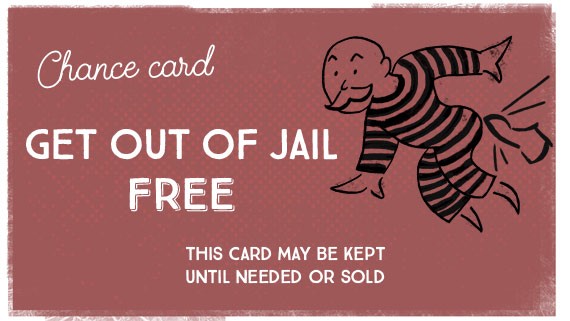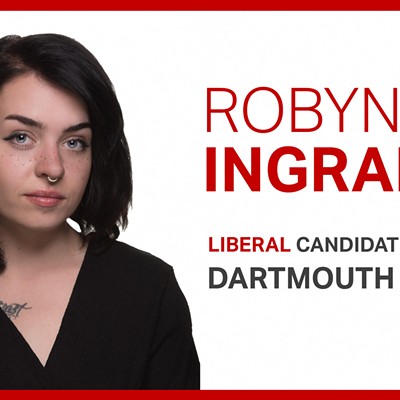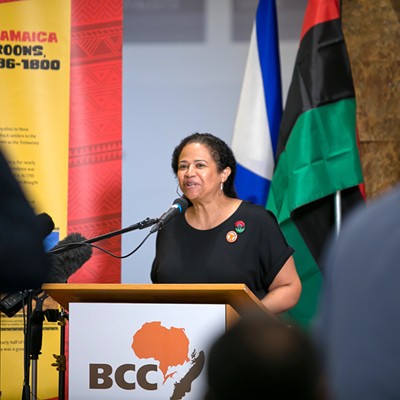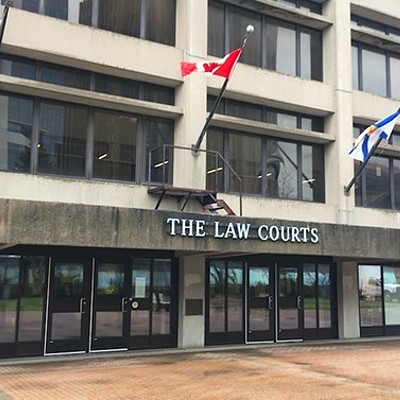PRO: It can put Jimmy Melvin Jr. behind bars
The local crime figure was arrested weeks ago for the shooting death of rival Terry Marriott Jr.—more than six years after the crime occurred. What broke in the case? News reports have pegged the new development on an associate of Melvin, Derek Thomas MacPhee. It's reported that MacPhee cut a deal with the Crown to testify in Melvin's upcoming murder trial.
CON: It allows MacPhee to walk free
In turn for testifying against Melvin, all charges against MacPhee connected to a violent home invasion and robbery were dropped. Earlier in June, MacPhee and another armed party allegedly broke into an Upper Sackville home and tied up three people (including a 13-year-old child) before robbing the house. MacPhee also has a lengthy criminal past, including three federal sentences for activities like shooting a man four times in the leg, firebombing and assault. He's now out of jail, and allegedly in witness protection.
PRO: Without pleas, the courts would grind to a halt
Right now, it takes criminal attorney Joel Pink about three to four months to get a trial date in the Halifax courts (depending on the judge). It's closer to a year in some Dartmouth courthouses. "I can tell you now that without plea negotiations, our system would be so jammed up that there would be delays in court over a year or two years," Pink says. Justice delayed, he notes, is justice denied. Pink estimates only 10 to 15 percent of his clients actually choose to fight the Crown and go to trial. All the rest feature negotiating "to see how you can get your client out of the mess as best as you possible can."
CON: There's still no guarantees
Under Canadian law, charged individuals and the Crown can bargain charges, sentences and even the facts of a case. But it's not just a decision made by the Crown and defence. Often, the victim of the alleged crime is consulted with by Crown attorneys, says Pink. Even when the two sides have agreed on a joint recommendation, they still need a judge to sign off on it. Pink says it's rare for a judge not to endorse a plea deal (he can only think of two cases in his career where that's happened), but it's the judge's prerogative. "That's their right," says Pink. "We cannot bind a judge."
PRO: The justice system isn't black and whiteBR> Plea bargaining is one way to try and mete out justice in a world where a purely "guilty" or "innocent" verdict isn't always possible. The Crown, Pink says, won't bargain just for the sake of getting rid of a charge. There has to be a good reason for them to accept a joint recommendation. "Sometimes their cases are weak, and one of the witnesses are not a good witness," Pink says. Plea deals are a daily part of the justice system, and there's nothing wrong with that, says Pink. "It's done on a regular basis, it's nothing new and it's a necessity of the criminal justice system. Otherwise, we'd be so tied up, so bogged down, there'd be no justice at all."

















